(A version of this article was shared with Laughing Place and published on October 30, 2023.)
Over the course of American cinema, the importance of music has been paramount to a film’s performance. Legendary composers like John Williams, Max Steiner, and Hans Zimmer propel the films they score into orbits above their competition. Danny Elfman is perhaps the most unsung composer of film’s modern age. Over the course of his prolific career, Elfman has scored well over 100 films, adding his signature touch of zany whimsy to each and every film he touches. He has also left his mark on pop/rock music, television, theme parks, and video games. Let’s take a wild ride through the life and career of Danny Elfman, in this edition of Disney Legends Spotlight.
Early Life
Daniel Robert Elfman was born on May 29, 1953, in Los Angeles, California. The son of European-Jewish heritage, Elfman grew up in an affluent, racially mixed community in Baldwin Hills, California. In his earliest days, Elfman engrossed himself in classic science fiction, fantasy, and horror films at a nearby cinema. It was here that he caught his first taste of film composition, listening to scores from the likes of Bernard Herrmann and Franz Waxman.
Despite his curiosity regarding film composition, Elfman exhibited almost no other interest in music, and was even rejected from his elementary school orchestra for having “no propensity for music.” That quickly changed when he reached high school and began hanging with a musical crowd. Not your typical high school music scene – Elfman’s friends introduced him to early jazz, and the work of Igor Stravinsky and his 20th-century contemporaries.
Following high school, Elfman followed his brother Richard to France, where he performed violin with Jérôme Savary’s traveling show Le Grand Magic Circus, an avant-garde musical theater group. Savary invited Elfman and his friend to join the circus band as they traveled through Europe and Africa – a journey Elfman has described as “an exile from middle-class white suburbia in the most extreme way.”
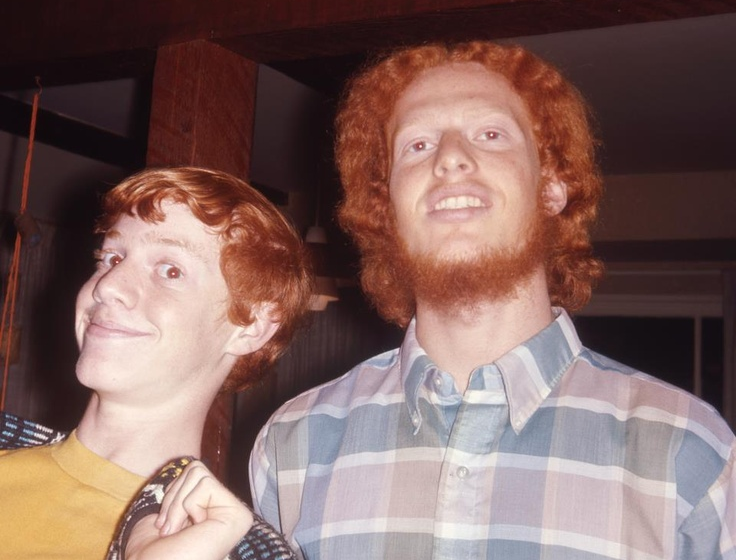
Return to America
Upon his return to Southern California in the early 1970s, Elfman rejoined his brother, who was forming a new musical theater group in Los Angeles called The Mystic Knights of the Oingo Boingo. If you are wondering about the unique name – it was inspired by a fictional secret society called “The Mystic Knights of the Sea” from the Amos ‘n’ Andy television series.
Elfman’s role in the troupe was to adapt and arrange 1920s and 1930s jazz and big band music for the ensemble. This experience continued to familiarize Elfman with exceptional music composition, incorporating artists such as Cab Calloway, Duke Ellington, and Josephine Baker. The Mystic Knights performed locally throughout Los Angeles until Elfman’s brother Richard left in 1976 to pursue filmmaking. As a send-off to the group’s original concept, Richard produced the film Forbidden Zone based on the Mystic Knights’ stage performances. Elfman composed the songs and his first score for the film.

In what would be perhaps the first of many awards Elfman would win in his illustrious career, The Mystic Knights of the Oingo Boingo won a trophy (and $516.32) on the 1970s television variety series The Gong Show.
Oingo Boingo
Elfman assumed the role of lead singer-songwriter, and in 1979 he redirected the group to summon a new-wave mix of ska, punk, and jazz. Oingo Boingo was born. The eclectic band enjoyed regional success in Southern California’s rising new wave scene. After the release of several studio albums, the band moved towards more pop-oriented songwriting and production, and as a result enjoyed their largest commercial success with 1985’s Dead Man’s Party. In the mid-1980s, Oingo Boingo held their own with global contemporaries such as The Talking Heads, Devo, XTC, and The B-52s.

Oingo Boingo performed the title track to the album in the 1986 Rodney Dangerfield film Back to School (for which Elfman also composed the score). But another track on the album, “Weird Science” – written for the John Hughes film of the same name – became the band’s highest charting song, peaking at No. 45 on the U.S. Billboard Hot 100.
While the band was at its peak in 1985, Elfman was approached by budding film director Tim Burton and the amusingly looney rising television star Paul Reubens (also known as Pee-wee Herman) to score their 1985 film Pee-wee’s Big Adventure. Elfman’s work with Burton would mark the beginning of one of the most prolific partnerships in modern filmmaking.

Oingo Boingo continued to enjoy moderate success into the 1990s, but never to the degree of their mid-1980s heights. The band released several new studio albums through 1994, and disbanded in 1995.
Wizard of the Film Score
As the 1980s bled into the 1990s, Elfman moved more in the direction of scoring films – putting those jazz and big band experiences to good use. He followed up Pee-wee and Back to School with Burton’s wacky horror-comedy Beetlejuice, Bill Murray’s dark comedy Scrooged, and the Robert De Niro/Charles Grodin buddy cop film Midnight Run (all released in 1988).
1989 saw Elfman’s music take a darker turn with Batman, another Tim Burton collaboration. Elfman’s effort won him a Grammy Award for Best Score. The 1990 films Dick Tracy, Darkman, and Nightbreed continued to feature darker scores from Elfman.

A Prolific Partnership With Tim Burton
The partnership of Danny Elfman and Tim Burton has become the stuff of Hollywood legend. Burton felt the impact of Elfman’s music first-hand during a pre-release showing of Beetlejuice. When producers first screened the film without Elfman’s score, Burton noted “It didn’t test that well.” Burton continued “Then when we put the score in, it was like adding a character — it was part of [the movie]. It was like missing an actor if you didn’t have [the score] in there. That’s happened quite a bit.” It goes without saying that Burton owes much of his film success to Elfman’s musical accompaniments.

Some of the most notable other Elfman/Burton collaborations include Edward Scissorhands (1990), Batman Returns (1992), The Nightmare Before Christmas (1993), Mars Attacks! (1996), Sleepy Hollow (1999), Planet of the Apes (2001), Big Fish (2003), Charlie and the Chocolate Factory (2005), and Alice in Wonderland (2010), among many others.

Of these films, Disney fans may know Elfman’s work best from Burton’s passion project The Nightmare Before Christmas. The stop-motion-animated holiday crossover film features Elfman’s whimsical score and ten songs, as well as his singing voice for the film’s main character, Jack Skellington (among several secondary characters). Elfman’s brilliance is loudly on display in this film, which seamlessly alternates between the Halloween horror and Christmas cheer.
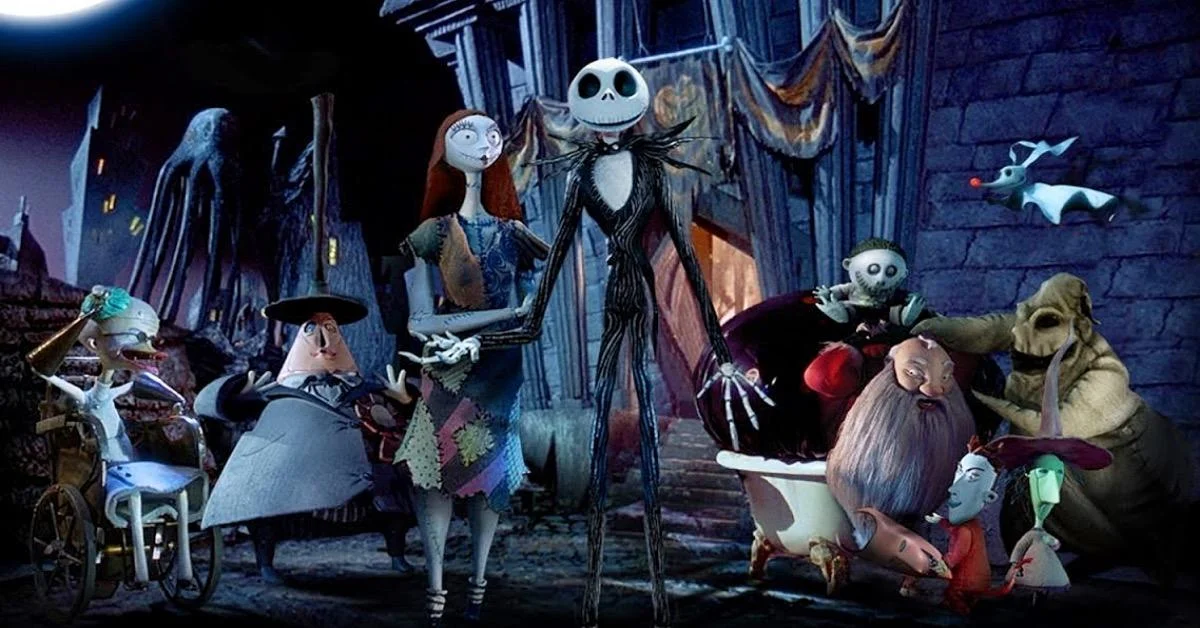
Southern California Halloween celebrants have come to revere Elfman for his annual live performance of The Nightmare Before Christmas at the Hollywood Bowl, backed by a full orchestra.
Similar to his work on Nightmare, Elfman wrote both the score and songs for the 2005 Burton film Corpse Bride, and provided the voice for the character Bonejangles. This stop-motion animated film follows the dichotomy of the uptight world of the living and the free-spirited realm of the dead, with Elfman’s music ushering in the alternating moods. While the film is a piece of cinematic brilliance, it never achieved the popularity of Nightmare.
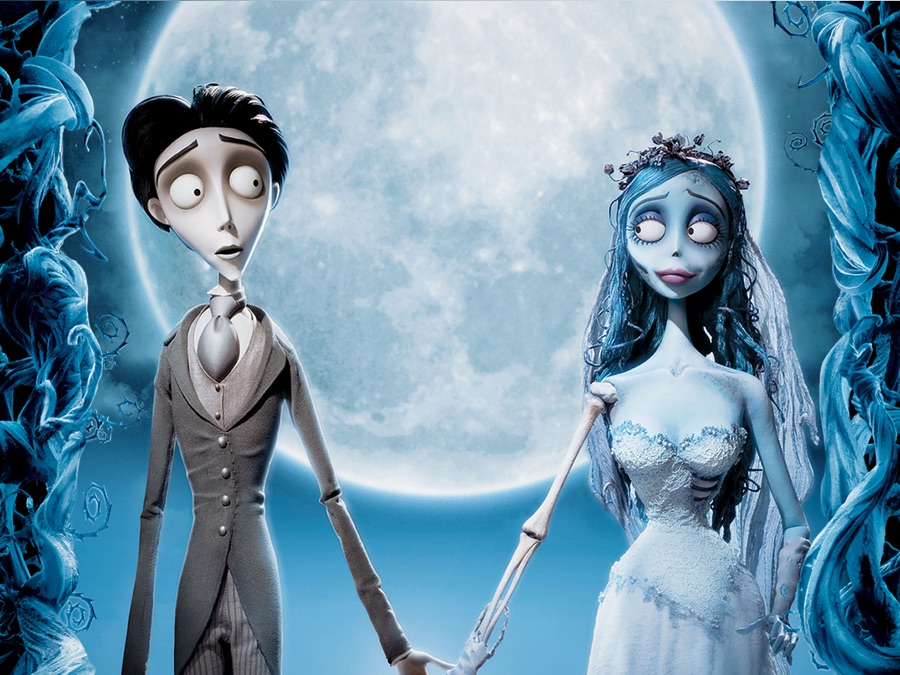
Other Disney Content
Danny Elfman’s catalog for Disney is vast, including projects both with and without collaborator Tim Burton. In addition to several films already mentioned, Elfman composed the music for Flubber (1997), A Civil Action (1998), Meet the Robinsons (2007), Frankenweenie (with Burton, 2012), Oz the Great and Powerful (2013), Alice Through the Looking Glass (with Burton, 2016), and Burton’s 2019 live-action remake of the classic animated film Dumbo.
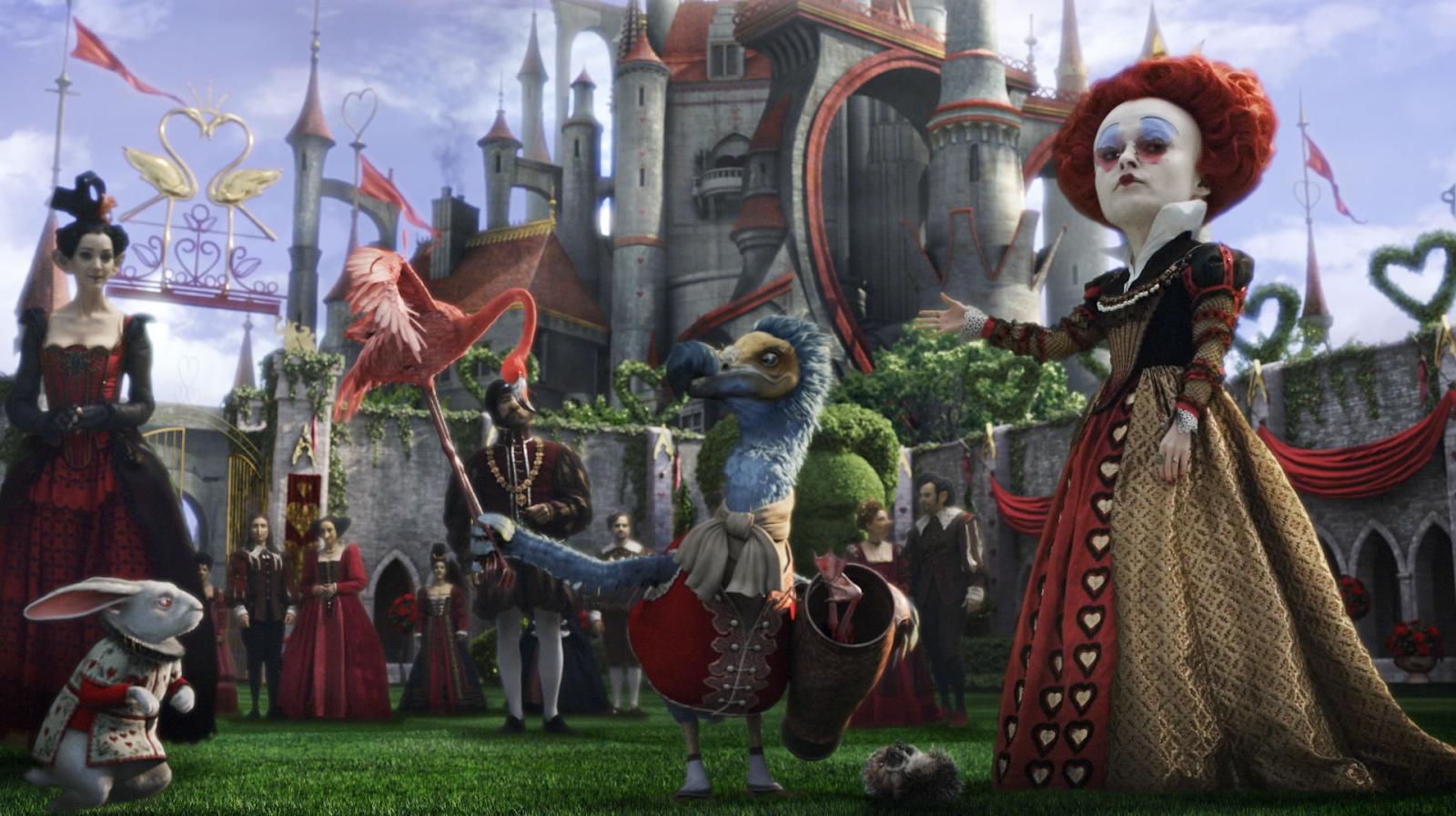
Elfman has even lent his musical talents to two films in the Marvel Cinematic Universe, with Avengers: Age of Ultron (2015) and Doctor Strange in the Multiverse of Madness (2022). In Multiverse of Madness, Elfman’s music literally comes to life as the mystic Doctor Strange battles a Multiversal version of himself. The adversaries wield musical notes as offensive weapons – to the tune of Beethoven’s “Fifth Symphony.”
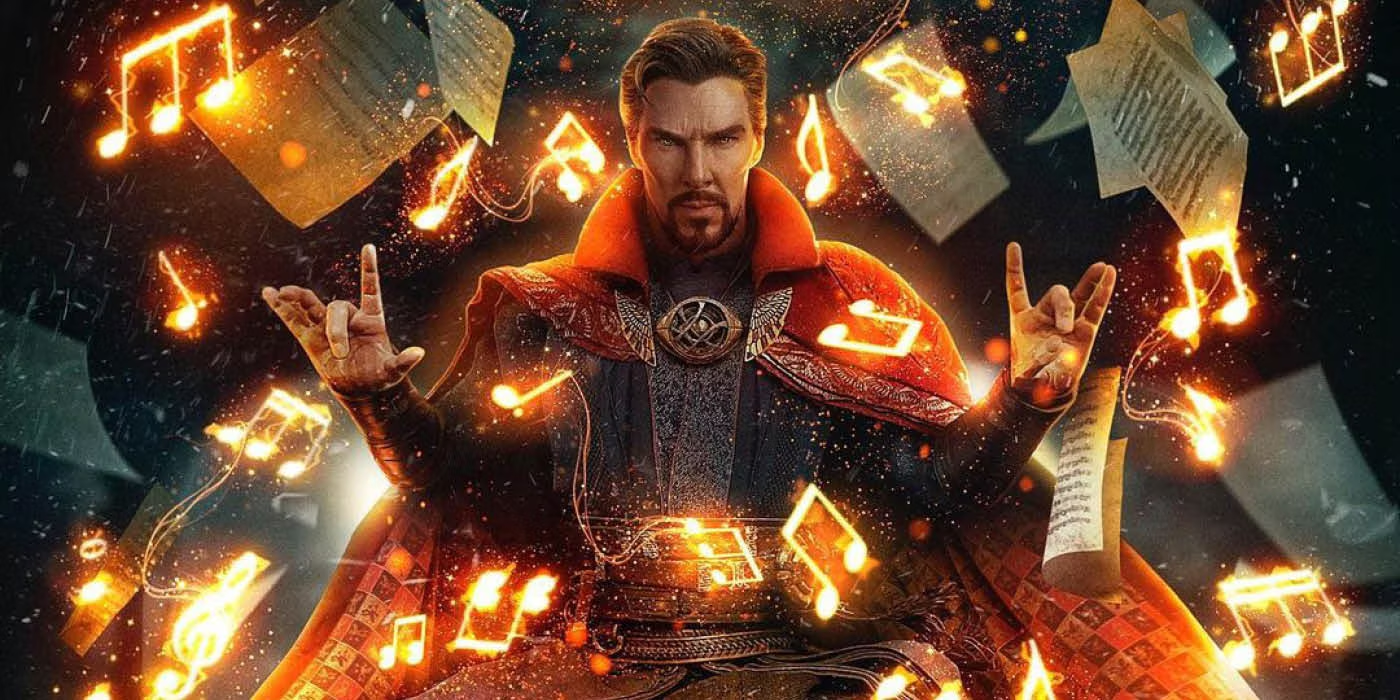
On the small screen, Elfman wrote the Emmy-winning opening theme music for ABC’s comedy-drama series Desperate Housewives. He also wrote the unforgettable theme to The Simpsons – a tune which has opened more than 750 episodes of the show over 35 seasons.
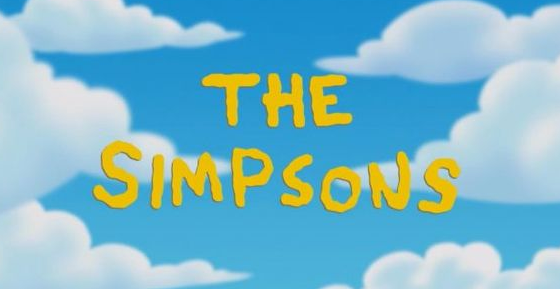
Fun Fact: Danny Elfman earns a residual from the Screen Actors Guild every time the theme song to The Simpsons plays on air. And when those heavenly voices open up the theme, one of those voices is Elfman himself!
In the Disney Parks, Elfman contributed music to Disneyland’s The Nightmare Before Christmas overlay of the popular Haunted Mansion attraction. The overlay, which changes slightly with each passing year, incorporates the world of Tim Burton’s The Nightmare Before Christmas into the classic Disney attraction.
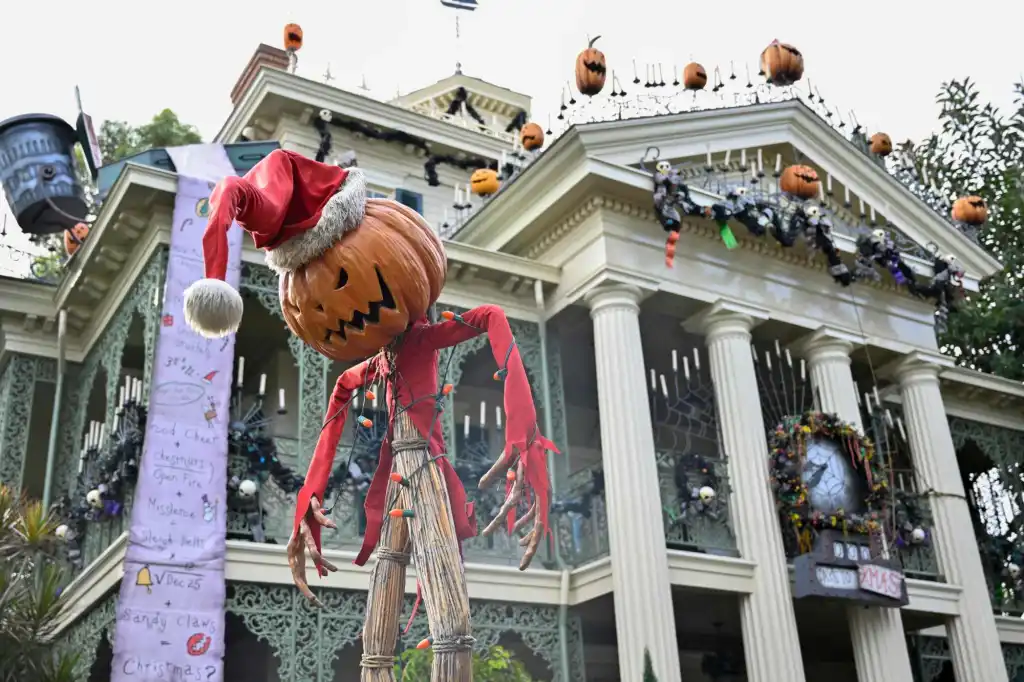
Overseas, Elfman wrote the music and English-language vocals for the Haunted Mansion-adjacent attraction Mystic Manor, which operates in Hong Kong Disneyland. In the attraction, Elfman’s likeness also appears as Society of Explorers and Adventures (S.E.A.) member Maestro D’Elfman.
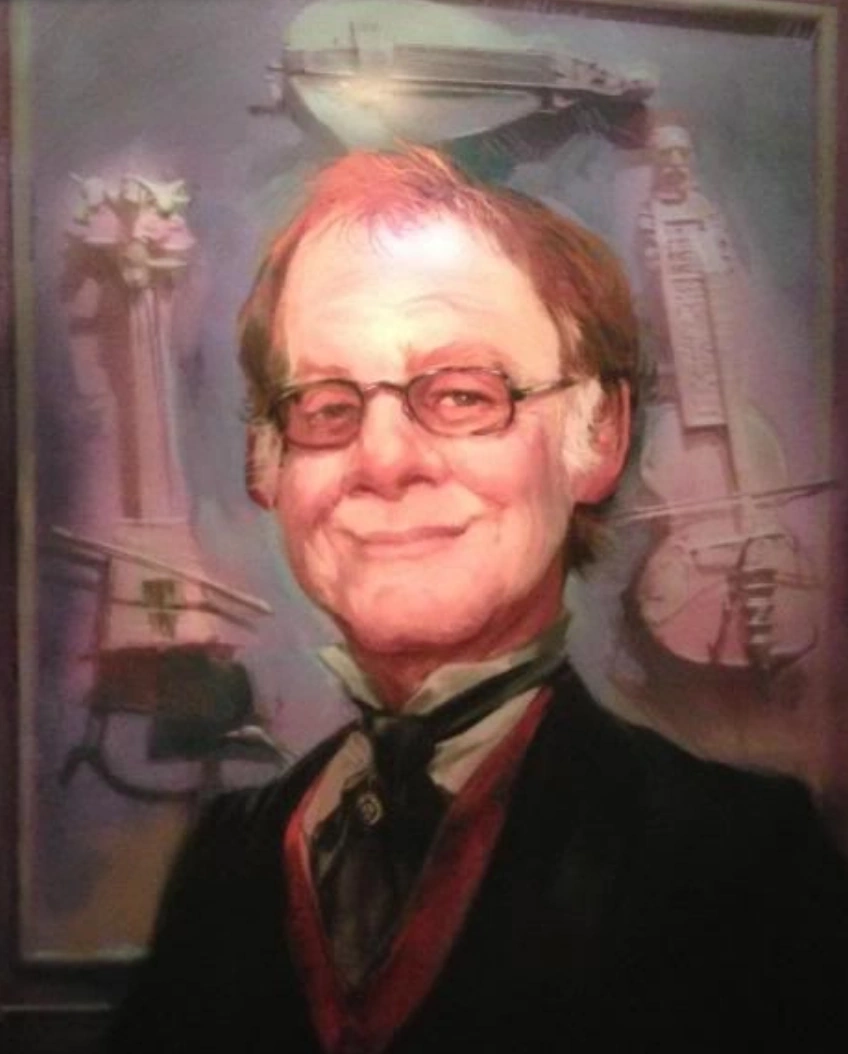
But Wait, There’s More!
We’ve looked at Danny Elfman’s work for Disney and his collaborations with Tim Burton. But Elfman has cooked up way more than that. He’s created well north of 100 film scores, and here are just a few notables not already mentioned: Sommersby (1993), Delores Claiborne (1995), Good Will Hunting (1997), Silver Linings Playbook (2012), Goosebumps (2015), Doolittle (2020), Men in Black (all four films in the franchise), Fifty Shades (three films in the franchise), and Spider-Man (two films in the Columbia Pictures franchise).
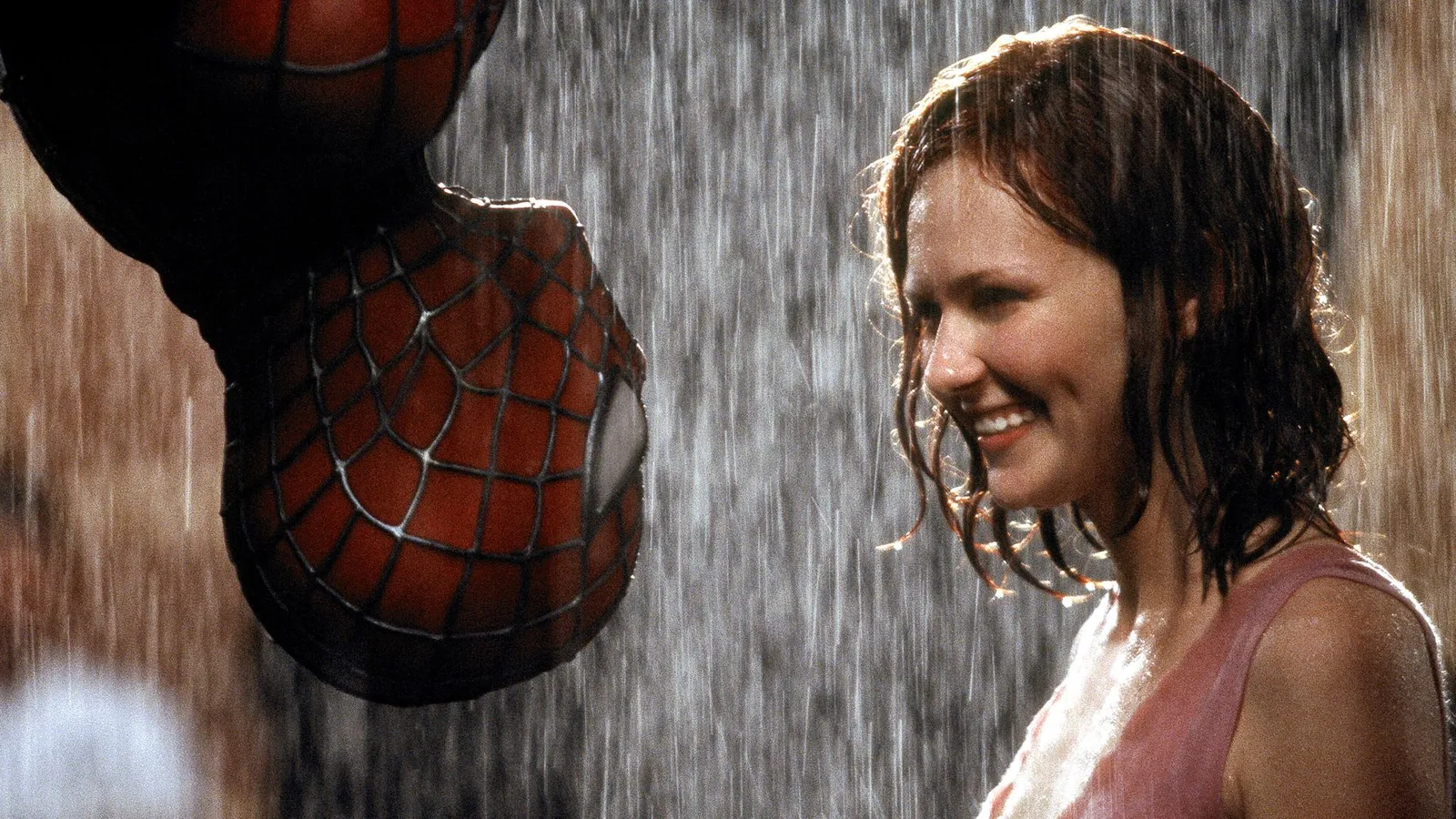
Elfman has dabbled in serial television, providing music for series such as Alfred Hitchcock Presents, Amazing Stories, and Pee-wee’s Playhouse, among others. He recently created the theme for the 2022 Netflix series Wednesday.
In other words, Danny Elfman’s film and television credits go on and on – a testament to his transcendent musical prowess.
A Legendary Composer
All in all, Danny Elfman has amassed an impressive tally of awards and nominations. He has won one Grammy Award (out of twelve nominations), two Emmy Awards (out of five nominations), and seven Saturn Awards (out of sixteen nominations). He’s also been nominated for four Academy Awards and three Golden Globe Awards.
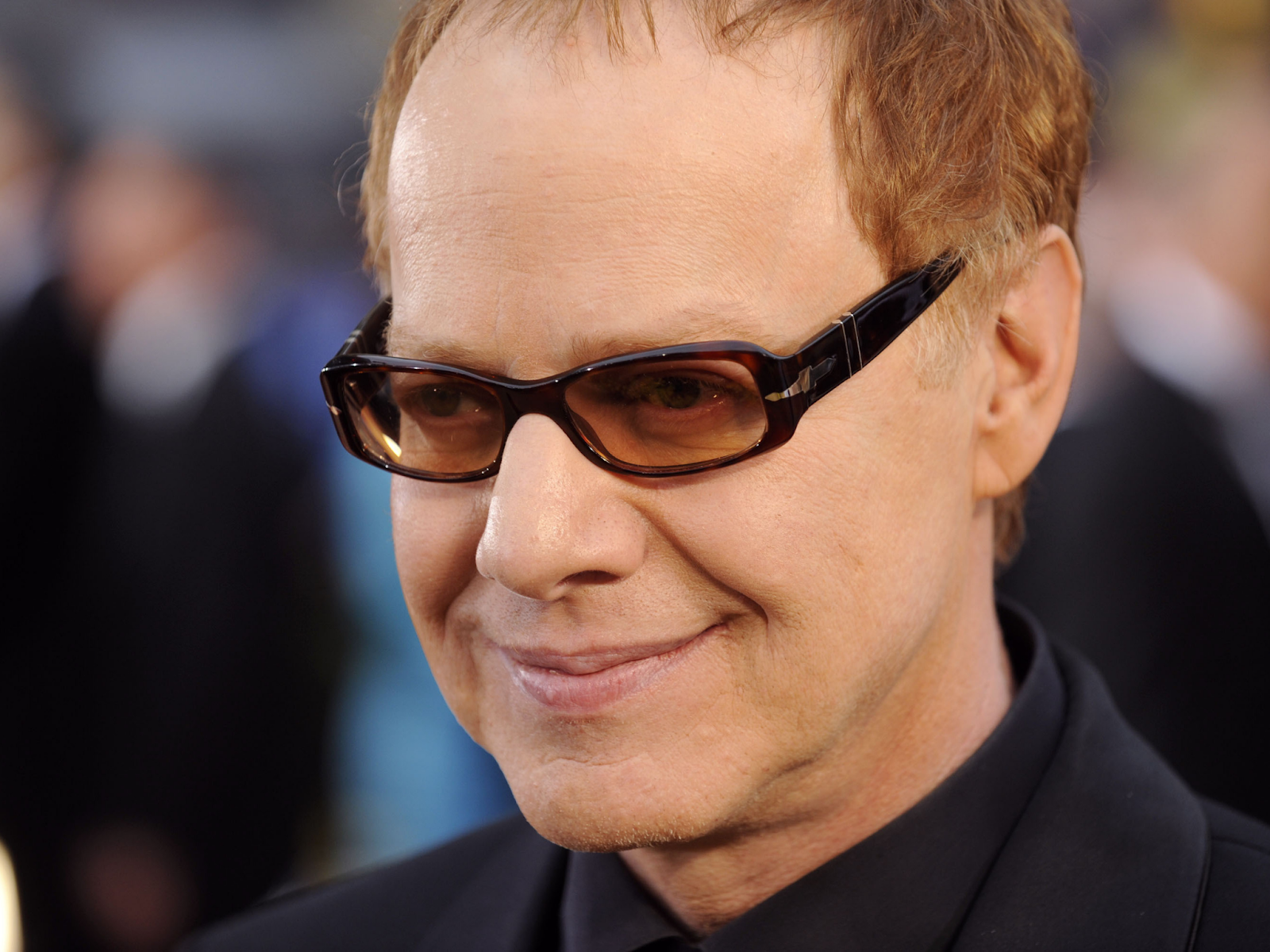
Elfman was inducted as a Disney Legend in 2015, and received a Lifetime Achievement Award from the Society of Composers & Lyricists in 2022.
At seventy years old, Danny Elfman is still going strong, and he exudes that same youthful musical spirit he did in his earliest new wave rock days. In some ways, he embodies Walt Disney’s quote “Growing old is mandatory, but growing up is optional.”
Thank you friends for joining me in exploring the weird science of Danny Elfman. What’s your favorite Danny Elfman score or song? Offer a comment or share this article with a friend by reaching out on social at: Instagram Facebook X (formerly Twitter)
Follow along here for additional articles in this series. We’ll continue to highlight more of the extraordinary people who have shaped Disney’s storied history.
Sources:




